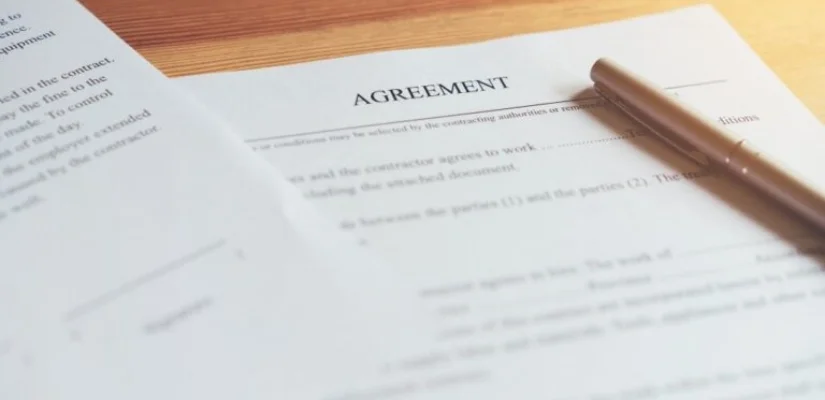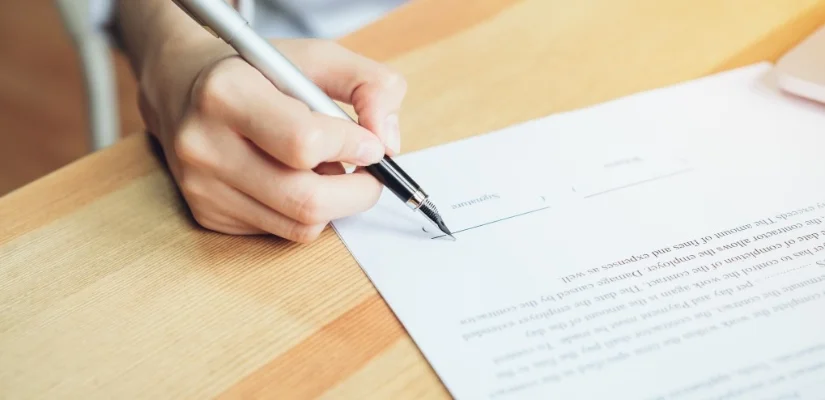Experienced Criminal Lawyers
News & Articles
What Is A Retainer? Why Is My Lawyer Asking For One?
Experienced Criminal Lawyers
News & Articles
Recent Posts
- How to Beat Drug Trafficking and Possession for the Purposes of Trafficking Charges in Canada
- Are There Mandatory Minimum Punishments in Drug Cases?
- Criminal Pardons & Record Suspensions
- Imprisonment during the Covid-19 Pandemic
- Criminal Diversion Programs
- What is an Absolute Discharge ?
- First Degree Murder Defences in Calgary
- What Are The Best Defences To Firearms Offences?
- What Are The Best Defences To Theft Charges?
What Is A Retainer? Why Is My Lawyer Asking For One?
Posted on December 14, 2020

Chances are if you need to hire a lawyer, you will have to advance a retainer. What retainer is, how it works, and why it is important are a few of the points we discuss in this article.
What Is A Retainer?
A retainer refers to either a retainer agreement or a retainer fee. A retainer agreement is a written agreement between you and your lawyer, while a retainer fee is a lump sum of money paid to the lawyer. These two often go hand in hand, and, if you are about to work with a lawyer, the following will outline what you should expect.
Retainer Agreement
When you employ a lawyer, they will ask you to sign a retainer agreement, sometimes also called a fee agreement. Be prepared to sign one as early as your first meeting. This agreement functions as a contract between you and your lawyer as you move forward in your case.
Retainer agreements are important for both you and your lawyer, because they will set the relationship’s terms to avoid miscommunication or misunderstanding. In the case of a fee dispute, a Review Officer will examine the retainer agreement. This document outlines several things and will vary based on who you are and the case at hand.
A Retainer Agreement May Include:
- When & How You Will Communicate With Each Other
- Specific Goals & Legal Services That Will Be Provided
- How & When Legal Fees Will Be Charged (Hourly Rate Or Flat Fee)
- Consequences For When You Fail To Pay Accordingly
- What Happens To The Retainer Fee If Either Party Terminates The Relationship
- Payment For Photocopying & Delivery Expenses

If you do not understand any of the conditions listed in your retainer agreement, be sure to ask your lawyer to clarify. They will explain any details to make sure you know what you’re signing. They should also provide you with a copy of the agreement for your records.
Why Lawyers Need A Retainer/Fee Agreement
This document provides clear boundaries and expectations for both you and your lawyer to ensure the process goes smoothly. Your lawyer will ask you to sign one, but it is created for both parties’ protection and interest.
Retainer Fee
Once you have signed the retainer agreement, there is usually a fee that accompanies it. The retainer fee is necessary to ensure your lawyer is paid for the services they will provide. The fee is much like a deposit and is paid up-front. This money will cover the initial work and expenses at the beginning stage of your case.
The fee amount will depend on your case, the lawyer’s expertise, and sometimes on your circumstance. If they can handle your case in a short period, the fee will be lower. For complex cases that will take a lot of time and energy, the fee will be higher. As the case goes on, be prepared to provide additional funds. If you cannot pay up-front, you may be able to negotiate and pay in instalments. Most criminal defence lawyers block bill which means they set one fee for the entire case, as opposed to billing you based on time. This provides certainty for you and allows you to understand what the total fee is and when it will need to be paid.
Ensure you understand the retainer fee, how you will pay it, and potential future payments that may be necessary before agreeing to it. Your lawyer should answer questions you have about the retainer fee. Note that the cost may change depending on unexpected fees or if your case required more work than initially expected.
The retainer fee will go into a trust account, and you may ask at any time how much money is remaining. As your lawyer completes work, they will send you a bill that shows how much they withdrew from the trust account. Once the case is over, there may be money remaining. If your lawyer does not use the full amount, and there is no money left owing, the remainder will be returned to you.
If you are still unsure whether you should act a surety, you should seek legal advice before agreeing. A lawyer will explain all details needed so you can fully understand the situation at hand before committing. At Ross Lutz Barristers, our lawyers will provide a free initial consultation to learn more about your case. If you are looking for legal advice on a bail hearing, contact us today.